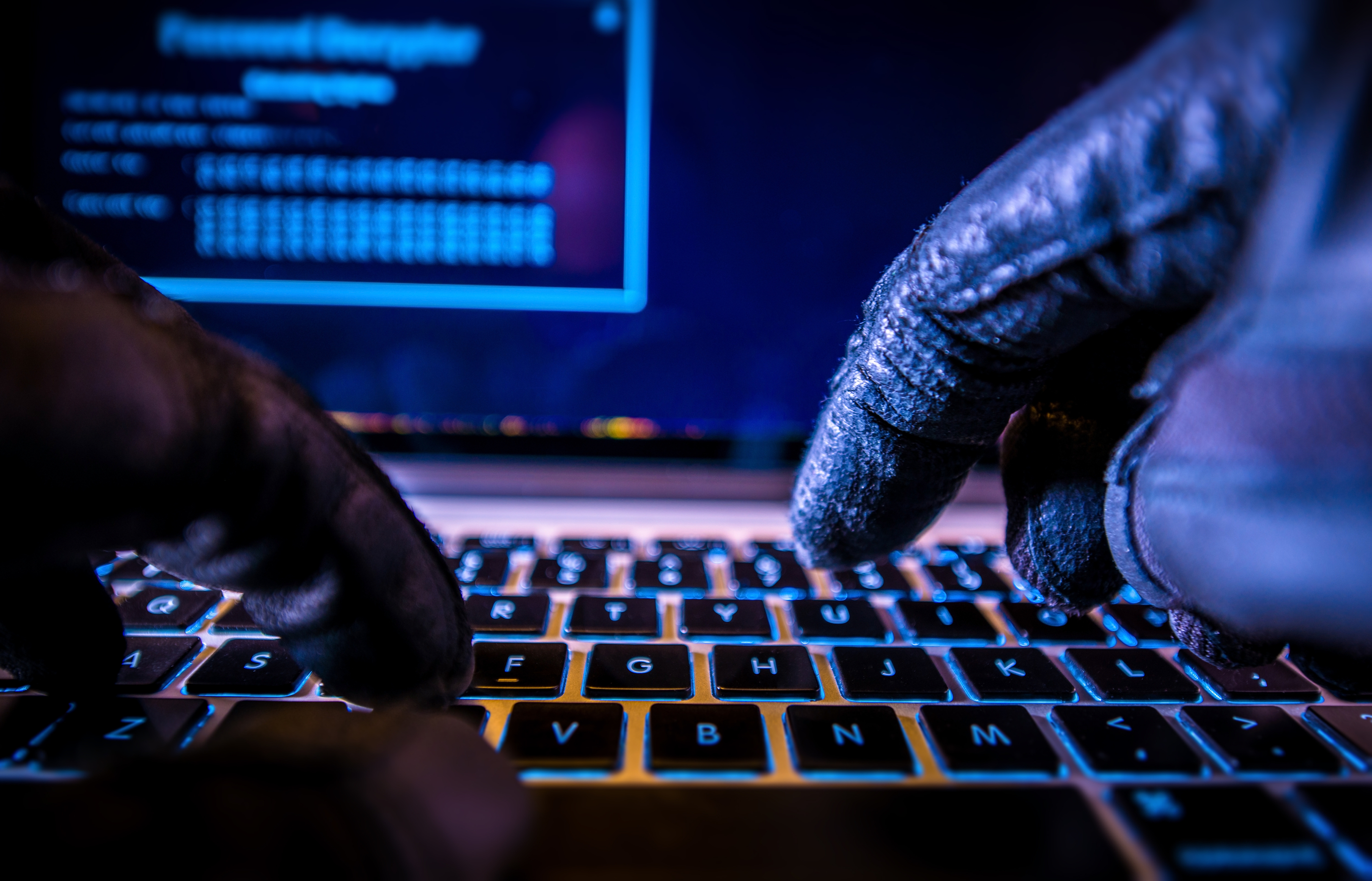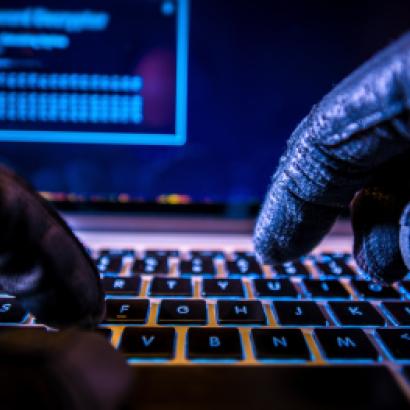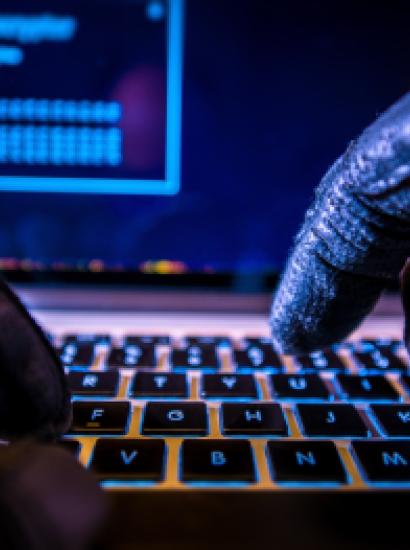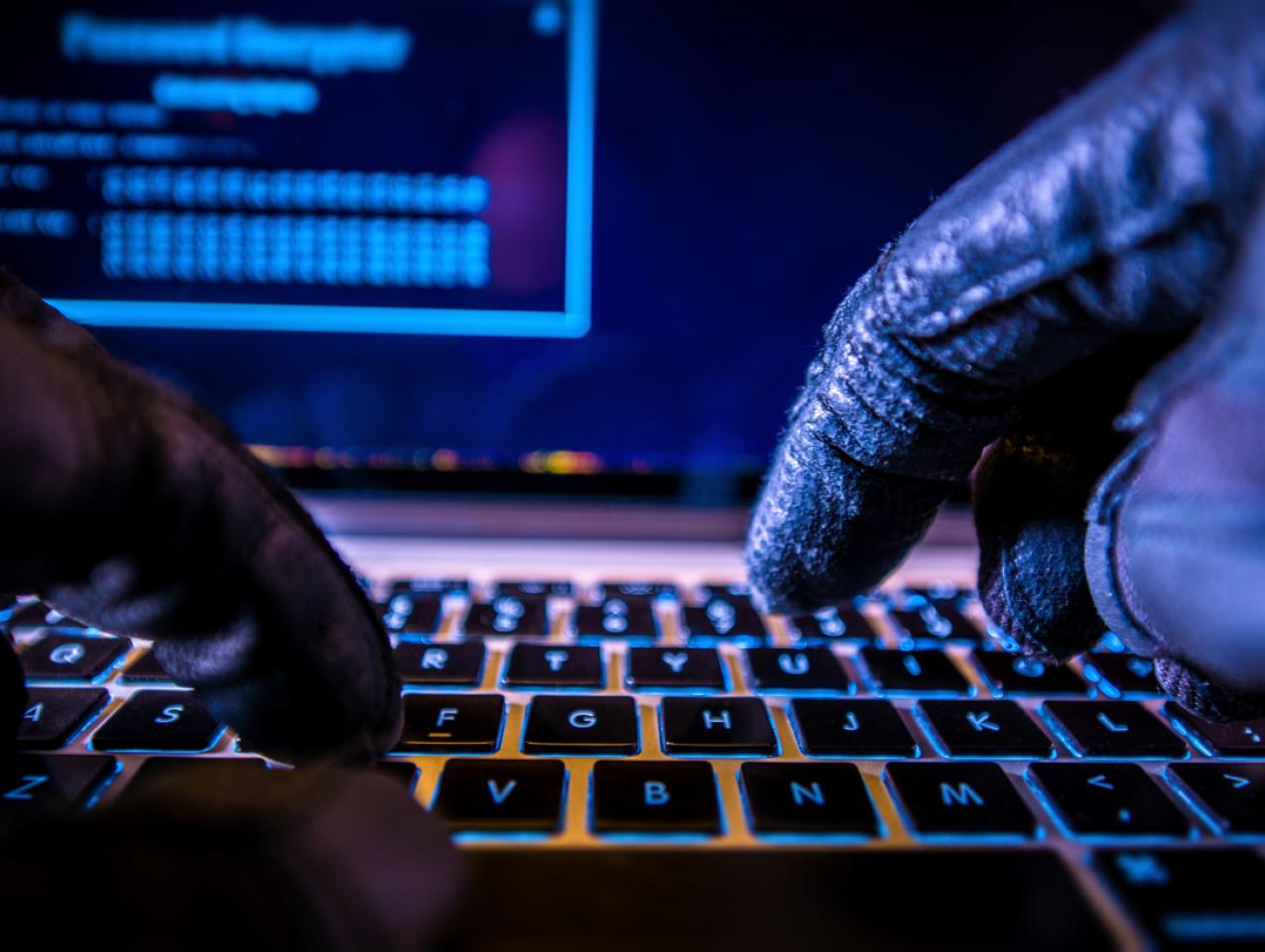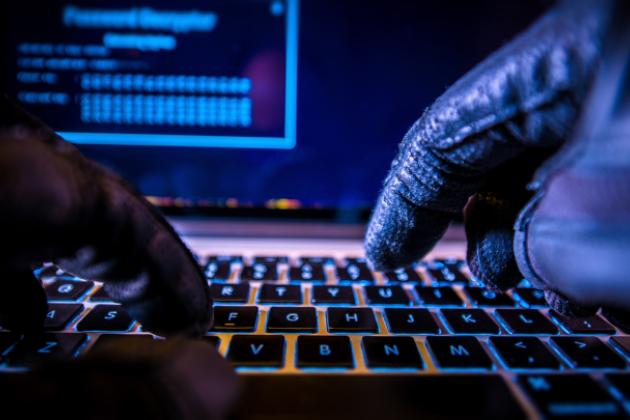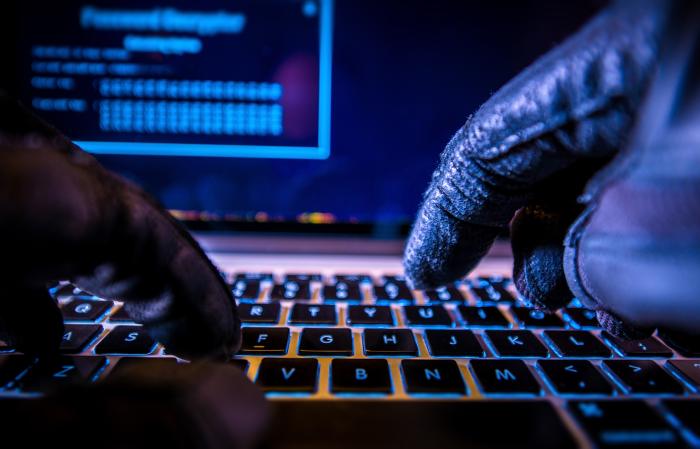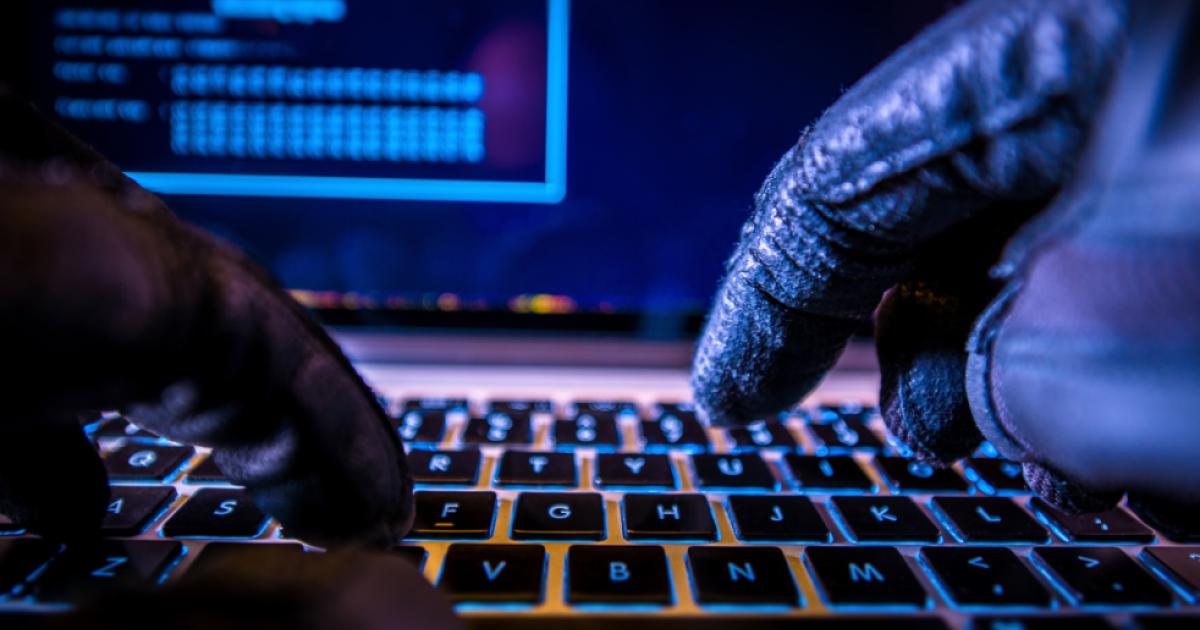- Energy & Environment
- Science & Technology
- Law & Policy
ABSTRACT:
Leveraging random examiner assignment and detailed patent prosecution data, we find that non- practicing entities (NPEs) purchase patents granted by examiners that tend to issue incremental patents with vaguely-worded claims. In comparison, practicing entities purchase a very different set of patents, but assert patents similar to those purchased by NPEs. These results show that on average NPEs purchase and assert patents productive for litigation but lacking technological merit, thus adding to overall litigation fees without providing incentives for high-quality innovations. Their activities are in part the symptom of a broader problem with the issuance of ill-defined intellectual property rights, which leads to (likely inefficient) litigation even among practicing entities. A cost-benefit calibration shows that investments in improving examination quality at the United States Patent Office would have large social returns.
Read the paper: Who Feeds the Trolls? Patent Trolls and the Patent Examination Process






